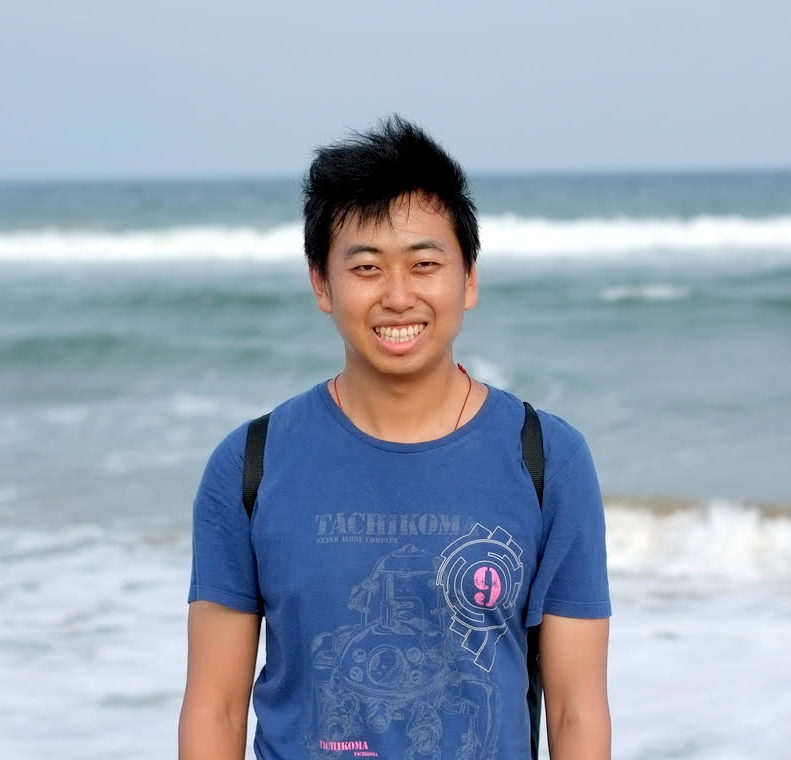Learning, Causality, and Quantum System

Learning, Causality, and Quantum System
Date: July 3rd, 2023
Location: Room 3109, Department of Philosophy, Peking University
Speakers:
Kevin T. Kelly (CMU)
Jiji Zhang (CUHK)
Qiaoying Lu (PKU)
Shengyang Zhong (PKU)
Host:
Yanjing Wang (PKU)
Program:
14:00 – 15:00 Kevin Kelly
A General (Distribution-free) Characterization of the Topology of Statistical Learnability
15:00-15:10 break
15:10-16:10 Jiji Zhang:
Rethinking the Justifications of Simplicity Assumptions in Causal Discovery
16:10- 16:30 break
16:30 – 17:00 Qiaoying Lu
On the Epistemic Dilemma of Genetic Determinism: From a causal reasoning viewpoint
17:00 – 17:30 Shenyang Zhong
Quantum Measurement and Quantum Entanglement – From the perspective of the orthogonality relation
Abstracts:
A General (Distribution-free) Characterization of the Topology of Statistical Learnability
Kevin Kelly
In propositional models of learning, the possible propositional information states that the inquirer might encounter determine a topology on possible worlds that may be called the information topology. An important insight of topological learning theory is that learnability, both deductive (infallible) and inductive (fallible) can be characterized in terms of logical complexity relative to the information topology. One can also define empirical simplicity in a topological (parameter-free) way and provide a novel frequentist argument for Ockham’s razor. However, none of that applies literally to statistical inference, in which one receives propositional information about the sample, which is only related to the world under study by chance. Nonetheless, there are strong intuitive analogies between propositional and statistical learning that suggest a deeper connection. Konstantin Genin [University of Tuebingen] discovered such a connection by proving that there is a unique topology on statistical worlds such that learnability (almost surely or in chance) is characterized exactly in terms of logical complexity relative to that topology.
Furthermore, the topology has a natural, countable basis whose elements may be thought of as propositional information states directly about the statistical world under study for purposes of proving negative results about statistical learnability. However, Genin’s result is not fully general: it assumes that the chance that a sample hits exactly on the geometrical boundary of a sample information state is necessarily zero. I will present a fully general extension of Genin’s theorem in which the boundaries of sample information states may have arbitrarily high chance. Not surprisingly, learning is harder in the general case, and now one can also analyze how hard it would be to learn that one is in the easy case! The new result depends on a generalized concept of convergence in probability that makes sense even when the propositional information received from the sample is not itself subject to chance.
For background, Genin’s theorem is summarized in:
The Topology of Statistical Verifiability. (2017)
Konstantin Genin, Kevin T. Kelly.
In Proceedings of TARK 2017, Liverpool.
Rethinking the justifications of simplicity assumptions in causal discovery
Jiji Zhang
Causal discovery aims to infer causal structures from observational data; in the graphical modelling approach, a well-known assumption for the purpose of causal discovery is known as the Faithfulness or Stability condition. In previous work, we showed that the Faithfulness condition is in effect a conjunction of a simplicity assumption and a testable condition, which led to various attempts to weaken the Faithfulness condition in causal discovery by checking (rather than assuming) the testable component. In this talk, we contrast two ways to formulate the simplicity component in the Faithfulness condition, in analogy to Karl Popper’s two simplicity criteria, the inclusion criterion and the dimension criterion. Among other things, we argue that while the weaker, inclusion-like formulation of the simplicity assumption has a compelling epistemic justification, the stronger, dimension-like formulation is still wanting in this respect, despite its popularity and intuitive appeal.
On the epistemic dilemma of genetic determinism: From a causal reasoning viewpoint
Qiaoying Lu
The ongoing discourse surrounding the nature/nurture debate and genetic determinism in contemporary philosophy reveals a dichotomy between the gene’s causal role in individual development and its role in evolution. While nuanced causal concepts have been differentiated and clarified, there is still a lack of a systematic causal framework. This paper uses Judea Pearl’s structural causal modeling to represent our cognitive causal models. I distinguish two types of causal genetic reasoning: one in development itself and the other shaped by evolution. The conclusion is twofold. Firstly, while it may be reasonable to adopt a genetic determinist view (in the minimal sense) in typical or idealized evolutionary scenarios, the complexity of real-world cases must be acknowledged. Secondly, it is crucial to differentiate genetic determinism from preformationism, which implies predetermined biological fate. The latter is rooted in the traditional teleology of natural purposes akin to human or divine selection.
Quantum Measurement and Quantum Entanglement – From the Perspective of the Orthogonality Relation
Shengyang Zhong
This talk consists of two parts. First, I will highlight five properties of the orthogonality relation between the pure states of a quantum system, and discuss the physical significance behind them (probably under a certain interpretation of quantum theory). Second, I will discuss the connection between the orthogonality relation of a bi-partite quantum system and those of its two subsystems, which is a simple but rigorous formalization of the idea that a state of a bi-partite quantum system is a correlation between its two subsystems.
